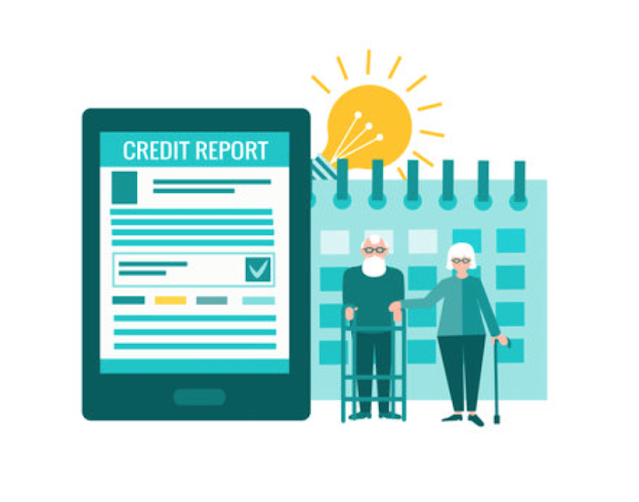Dissecting Credit Reports: Navigating the Path to Financial Empowerment
Your credit
report serves as a comprehensive record of your financial activities, making it
a vital component of your financial health. Understanding how to interpret,
rectify, and enhance your credit report can significantly impact your financial
well-being. In this detailed exploration, we'll unravel the complexities of
credit reports, offering insights and strategies to help you master this
critical aspect of your financial life.
1. The Credit Report Landscape: An Overview
Your credit
report is compiled by major credit bureaus such as Equifax, Experian, and
TransUnion. It aggregates information from lenders, creditors, and other
relevant sources to create a comprehensive snapshot of your financial history.
2. Key Sections of Your Credit Report
- Personal Information: This section includes your
name, address, Social Security number, and other identifying details.
- Credit Accounts: A detailed list of your
credit accounts, including credit cards, loans, and mortgages.
- Payment History: An in-depth record of your
payment behavior, reflecting your timely payments, late payments, and
defaults.
- Public Records: Information related to legal
financial matters like bankruptcies, tax liens, and civil judgments.
- Credit Inquiries: A record of entities that
have accessed your credit report, such as lenders, landlords, and
potential employers.
3. The Significance of Credit Reports
- Lending Decisions: Lenders rely on your credit
report to assess your creditworthiness and decide whether to approve your
loan applications.
- Interest Rates: Your credit report directly
influences the interest rates you're offered, impacting the cost of
borrowing.
4. Accessing Your Credit Report
- Annual Credit Report: You're entitled to one free
credit report from each bureau annually. Visit AnnualCreditReport.com to
request your copies.
5. Reading and Analyzing Your Credit Report
- Thorough Review: Scrutinize each section to
ensure accuracy and identify any discrepancies.
- Payment History: Examine your payment history
closely, ensuring that reported payments align with your records.
- Credit Utilization: Calculate your credit
utilization ratio, which is the proportion of your credit limit that
you're utilizing.
6. Identifying and Correcting Errors
- Reporting Discrepancies: If you spot errors, initiate
a dispute with the relevant credit bureau to rectify inaccuracies.
- Documentary Support: Provide supporting
documentation to substantiate your dispute claims, reinforcing the
accuracy of your position.
7. Elevating Your Credit Report
- Timely Payments: Consistently make payments on
time to exhibit responsible credit management.
- Credit Utilization Management: Strive to maintain a low
credit utilization ratio by keeping credit card balances in check.
- Diversification of Credit: Maintain a well-rounded mix
of credit accounts, showcasing your ability to manage different types of
credit.
- Length of Credit History: Retain older accounts to
extend the average length of your credit history, a factor in credit
scoring.
8. Cultivating Patience and Persistence
Improving
your credit report is a gradual process. Stay committed to good financial
practices for long-term positive results.
9. Reaping the Benefits of a Strong Credit Report
- Favorable Interest Rates: A positive credit report
often leads to more attractive interest rates on loans and credit cards.
- Access to Credit: Lenders are more likely to
extend credit to individuals with robust credit reports.
- Unlocking Financial
Opportunities:
A healthy credit report opens doors to better financial prospects and more
advantageous terms.
10. Sustaining Your Progress
- Ongoing Monitoring: Regularly review your credit
report to promptly address any discrepancies and ensure accuracy.
- Consistent Financial Habits: Continue practicing
responsible credit behaviors to preserve and enhance your
creditworthiness.
Conclusion: Empowering Your Financial Future
Dissecting your credit report empowers you with the knowledge and tools to make informed financial decisions. By mastering the intricacies of credit reports, rectifying errors, and implementing effective strategies, you're taking substantial steps toward a stronger financial future. A well-managed credit report is not just a representation of your financial history; it's a testament to your commitment to financial responsibility and a cornerstone of your journey to financial success.










